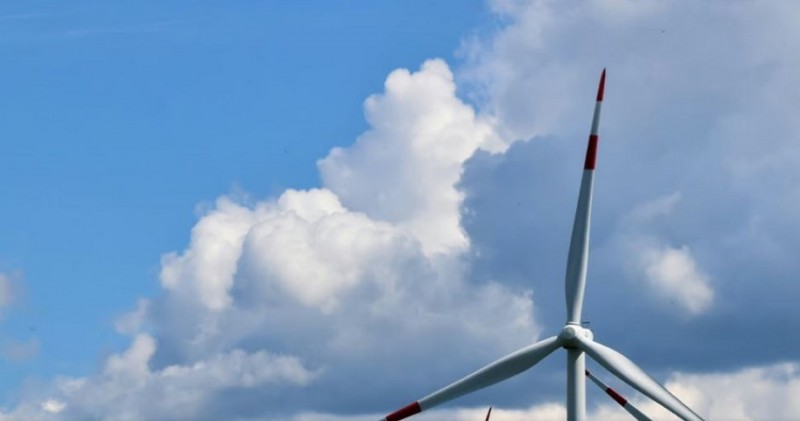
New Delhi: Adani Group is set to make a substantial investment of over $1 billion in Sri Lanka, marking the island nation's largest foreign direct investment and its biggest power project to date. Sources familiar with the matter revealed that Adani Green Energy Ltd (AGEL), a subsidiary of Adani Group, plans to establish two wind farms in Sri Lanka's Mannar town and Pooneryn village. These farms will have a combined installed capacity of 484 megawatts, with an investment totaling about $740 million.
In addition to the wind farms, Adani will invest over $290 million in related infrastructure to transmit electricity to consumption centers across Sri Lanka.
The projects not only represent Sri Lanka's largest renewable energy initiative but also its most significant power project thus far. Last month, Sri Lanka signed an agreement to purchase electricity from Adani's wind power stations for a period of 20 years. Under this agreement, AGEL will receive 8.26 cents per kilowatt-hour (kWh), a rate significantly lower than that paid to thermal projects by the state-owned Ceylon Electricity Board (CEB).
Adani Group is also involved in constructing a $700 million terminal project at Colombo Port, the largest port in Sri Lanka.
Sri Lanka, which faced severe power outages and fuel shortages during an economic crisis in 2022, has enacted new legislation to overhaul its power sector and attract investments in renewable energy. This move aligns with commitments made under a $2.9 billion aid package from the International Monetary Fund (IMF), aimed at reducing losses in CEB and making the sector more attractive to investors.
Adani's project is strategically significant as it helps counter China's economic influence in the Indian Ocean, particularly in Sri Lanka's northern region, close to India's southern mainland. Sources indicate that discussions have taken place at the government level between the two nations, and several other Indian firms, including state-owned enterprises, are also planning to establish a presence in Sri Lanka.
Adani's project has received approval from the Sri Lankan cabinet, and a power purchase agreement (PPA) is in the final stages of negotiation. Once finalized, Adani will commence work and aims to complete the project within two years.
Despite the competitive tariff of 8.25 cents per unit negotiated by the Sri Lankan government, there has been opposition from an anti-India lobby reportedly backed by China and fossil fuel suppliers. This lobby has raised concerns regarding environmental impact, procedural compliance, and tariffs.
However, sources close to the project assert that all environmental regulations were followed, including a comprehensive Environment Impact Assessment (EIA) conducted by an independent third-party expert. Adani has adhered to all existing laws and regulations, including those under Sri Lanka's Electricity Act, which allows proposals under the Government-to-Government (G2G) mechanism.
The project was awarded to Adani through a transparent process involving a government Request for Proposal (RFP) and subsequent technical evaluation by the CEB's Project Committee, followed by tariff negotiations by the Cabinet Appointed Negotiation Committee (CANC).
Furthermore, the project has received approval from the regulator, the Public Utilities Commission of Sri Lanka (PUCSL). Adani's tariff is lower than that of the government's own wind power plants and the country's fossil fuel-based power.
The wind projects are expected to enhance Sri Lanka's energy security, generating approximately 1,500 million units of clean, renewable energy annually, which can meet the energy demands of around 600,000 households. Additionally, the projects will create more than 1,200 local job opportunities, displace fossil fuel imports worth $270 million annually, and reduce CO2 emissions by 1.06 million tonnes per year.
Sources indicate that Sri Lanka, as a net importer of fuel currently facing an economic crisis, will benefit significantly from the project. It will inject foreign direct investment (FDI) into the nation and reduce the country's dependence on fossil fuel imports.